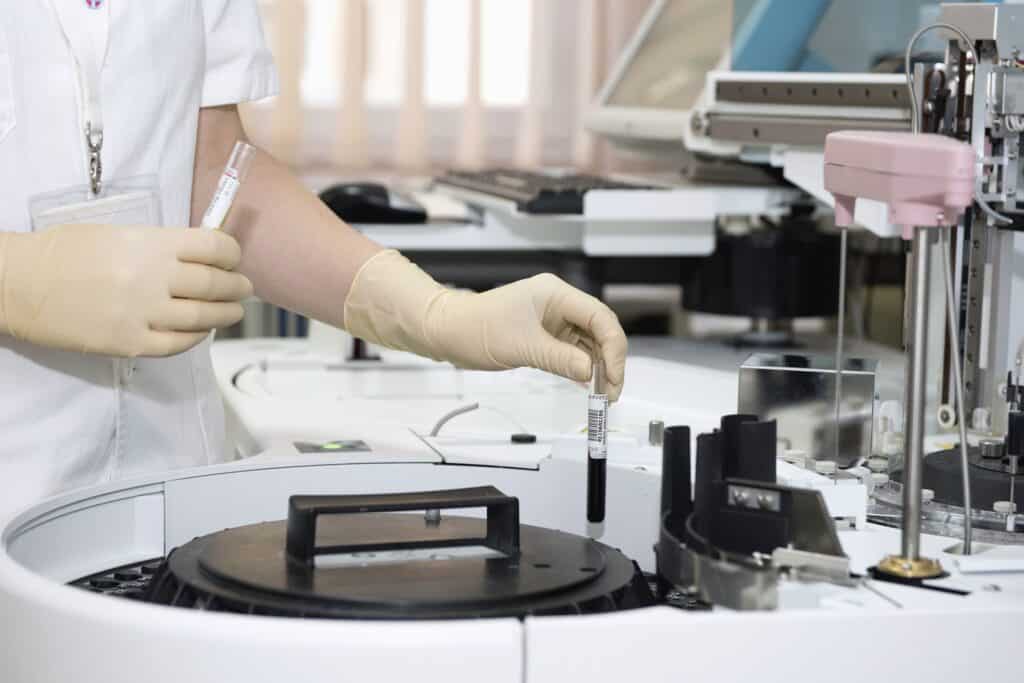Comprehensive Blood Chemistry Analysis
Customized Testing
If you’re tired of being told that your blood tests look normal when you know you feel far from normal, then it might be time to have your testing done from a functional perspective. By looking for optimum function we increase our ability to detect dysfunctions long before disease manifests. Conventional lab testing becomes a truly preventative tool, identifying the root causes of clinical symptoms with defensible data and pinpoint accuracy.
What can Blood Chemistry Analysis Tell Me?
Blood Chemistry testing measures your blood sugar level, electrolyte and fluid balance, enzymes, the amount of fat (lipids) and protein in your blood, and vitamin and mineral levels. This also gives us insight into your thyroid, liver, kidney, and gallbladder function.
Our diagnostic system of blood chemistry analysis allows us to:
- Determine nutritional deficiencies
- Evaluate which organs and systems need additional support
- Place your results into personalized optimal functional ranges
- Track individual progress
- Dramatically improve your clinical outcome
A blood draw is required, so you will be provided with the locations of several centers near you. Once you’ve scheduled your blood draw, the center will take care of the sample collection and shipping it to the lab.
We ask that you fast for 12-14 hours prior to the draw to ensure the most accurate results – we recommend scheduling an early morning blood draw. Do not discontinue your prescription medications. Supplements containing vitamins or minerals should be stopped 3 days prior to your blood draw. Some sports drinks and energy drinks such as Redbull or Vitamin Water are known to contain levels of vitamins and minerals that would classify them as supplements, please check the labels. Also, Ensure should not be consumed 12 hours prior to your blood draw.

Your blood chemistry analysis will finally mean something to you.
Blood Chemistry Analysis can include testing for:
- Red blood cell count for anemia
- White blood cell count for infection
- Electrolytes, such as potassium, chloride, etc. to evaluate organ function or to check for potential medication side effects
- Kidney function
- Liver function
- Thyroid function
- Glucose levels
- Calcium levels
- Cholesterol concerns
- Vitamin and mineral levels
Knowing how to interpret the results is key – an individual result can indicate any number of issues. Your practitioner compares multiple results to reveal the actual underlying condition and create your wellness plan.
Contact Ann Arbor Holistic Health today to learn more about the Comprehensive Blood Chemistry testing process to get on your way to better overall health.

